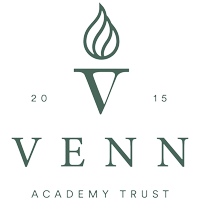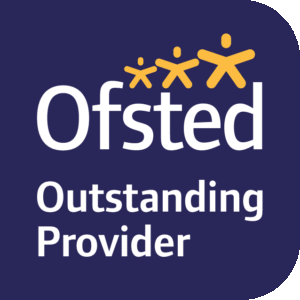Key Stage 3
At Venn Boulevard Centre our KS3 Art curriculum is designed to be linked to the National Curriculum, while also reflecting the unique needs and interests of our students.
Our curriculum is designed to be inclusive, engaging, and inspiring, providing our students with the opportunity to explore a range of artistic techniques and styles. It builds upon the skills and knowledge learnt in KS2 and ensures the students are ready for the subject if chosen at KS4.
Our KS3 Art curriculum is designed to develop students’ skills in a range of areas, including drawing, painting, printmaking, and sculpture. We believe that art is an essential part of a well-rounded education, and that it can provide students with a range of benefits, including improved creative thinking, problem-solving skills, and emotional wellbeing.
Our curriculum is designed to provide students with the opportunity to explore a range of themes and subjects, including still life, portraiture, landscape, and abstract art. We encourage our students to experiment with different techniques and materials, and to develop their own unique style and voice as artists.
In addition to developing technical skills, our KS3 Art curriculum also includes opportunities for students to explore the cultural and historical context of art. We believe that understanding the social and cultural factors that influence artistic expression is essential for developing a deep appreciation for the art form.
Key Stage 4
At Venn Boulevard Centre, our Key Stage 4 Art curriculum is designed to prepare our students for the AQA Art and Design GCSE examination. Our curriculum is designed to be engaging and challenging, providing our students with the opportunity to develop their artistic skills and techniques, while also exploring a range of themes and concepts.
Our Key Stage 4 Art curriculum is designed to build on the skills and knowledge that our students have developed in earlier years, while also introducing new challenges and opportunities. We believe that the GCSE Art and Design course offers our students the opportunity to develop their creativity and individuality, while also developing essential skills such as critical analysis, evaluation, and problem-solving.
Our curriculum includes a range of practical activities, including drawing, painting, printmaking, sculpture, and digital media. We encourage our students to experiment with different techniques and materials, and to develop their own unique style and voice as artists.
In addition to developing practical skills, our Key Stage 4 Art curriculum also includes opportunities for students to explore the cultural and historical context of art, and to develop their critical analysis and evaluation skills. We believe that developing an understanding of the social and cultural factors that influence artistic expression is essential for developing a deep appreciation for the art form, as well as for preparing our students for the GCSE examination.
This is a popular subject chosen at KS4, as many of our students feel they can access Art subject content regardless of missed education. It is also a chance for our students to be individual and express themselves through the medium, many of our students carry on when they leave to study further in KS5.



























